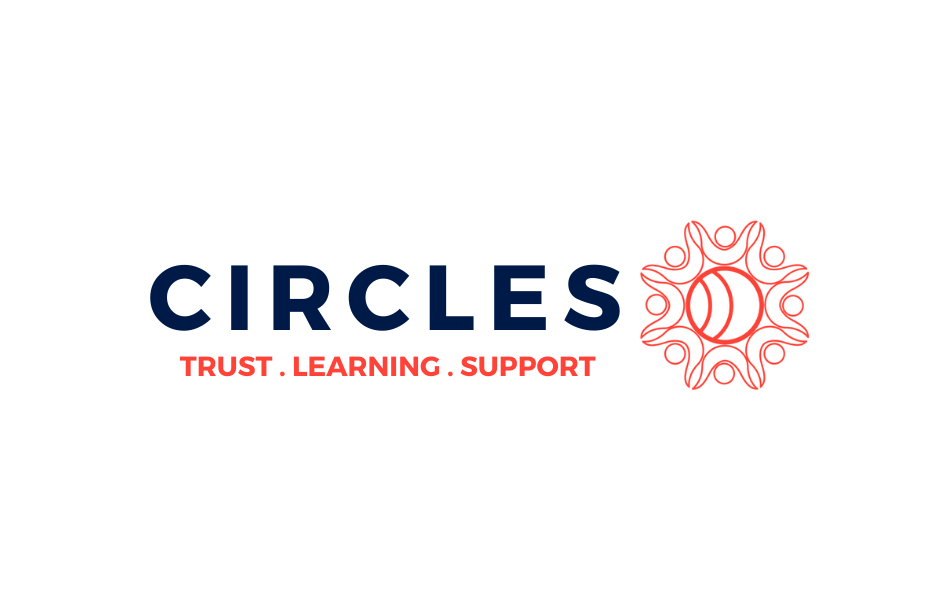"You can do hard things..." An open letter to my white colleagues, peers, friends, and family
Jennifer Oldham
Communications Director
The Healing Trust
An open letter to my white colleagues, peers, friends, and family:
Some of you want to know how my family and I are doing. The response to that question varies at different times of the day. We’re exhausted, angry, annoyed, disappointed, and a number of other feelings that we can’t name. Our primary priority is the maintenance and responsiveness to our own mental health. We limit our exposure to the news and are attentive to how we feel and what we need throughout the day. Joy, like hope takes practice, and as Kleaver Cruz, The Nap Ministry, and many others remind us, Black people being intentional about rest and joy are also forms of resistance. We practice joy by doing the things that normally bring us pleasure in hopes that our spirits will remember and feel less heavy.
I am intrigued and aggravated by the volume of white people who have reached out with useless clichés. I don't really need to know that you're sad or concerned or thinking of me and my family during "this time." I'm not even sure what makes this particular time so impactful to you seeing that this isn't the first time that any of this has happened and it's not likely to be the last. There are new names on the list, but I truly don’t understand what makes the murder of George Floyd, such a flashpoint in 2020.
I get the sense from those people that they are wanting to do something and that feels like the something to have done. I appreciate those of you who have reached out to us without expectation that we will be containers for your feelings or with useless offers of phrases and clichés.
Ironically, the killing of Black people by police and the experience of systematic racism is such a frequent thing that the most recent murders are the most normal thing that is currently happening in my life. The pandemic is new for me. I haven’t had to try to balance working from home with homeschooling, break-less parenting, sanitizing my groceries, wearing a mask in public, and what feels like a million other pandemic-related things.
But the racism is normal. The murders are regular. We’ve been here before so we, sort of, know to how to deal with that part.
Some of you are asking the Black people in your life how to help. STOP IT. Your education is your responsibility. Do YOUR work. Read. You have access to Google and libraries.
On a very basic level, you should be doing your “homework.” I’m not talking about the homework that you get from school. I’m talking about the work within your actual homes. Start there. There are people that you live with and have relationships with who are (at best) “problematic.”
Are you giving them a pass for their words “because that’s just how he/she is” or “they grew up in a different time” or you don’t want to “ruin the relationship?” If you’re doing that, you’re a part of the problem. Words matter and words are used to incite violence, spread hatred, and craft policies that impact our quality of life and opportunities. I understand that calling out family and friends aren’t easy things to do but you can do hard things. Black people have been doing hard things since we got here. Imagine how hard it is to try to explain to your child how to be safe around the police. Imagine how hard it is to wonder whether the men in your life are going to be safe while they participate in ordinary activities: running, driving, sleeping, shopping, etc. You can do hard things.
Fix the unjust systems from which you benefit and recognize and address the racism within yourself, your families, and your spheres of influence. I don't want your thoughts, prayers, love, or light. I want your accountability, policy change, sacrifice, and action.
Do YOUR work. That's it.
Jennifer Oldham, Communications Director, The Healing Trust --Nashville, Tennessee


